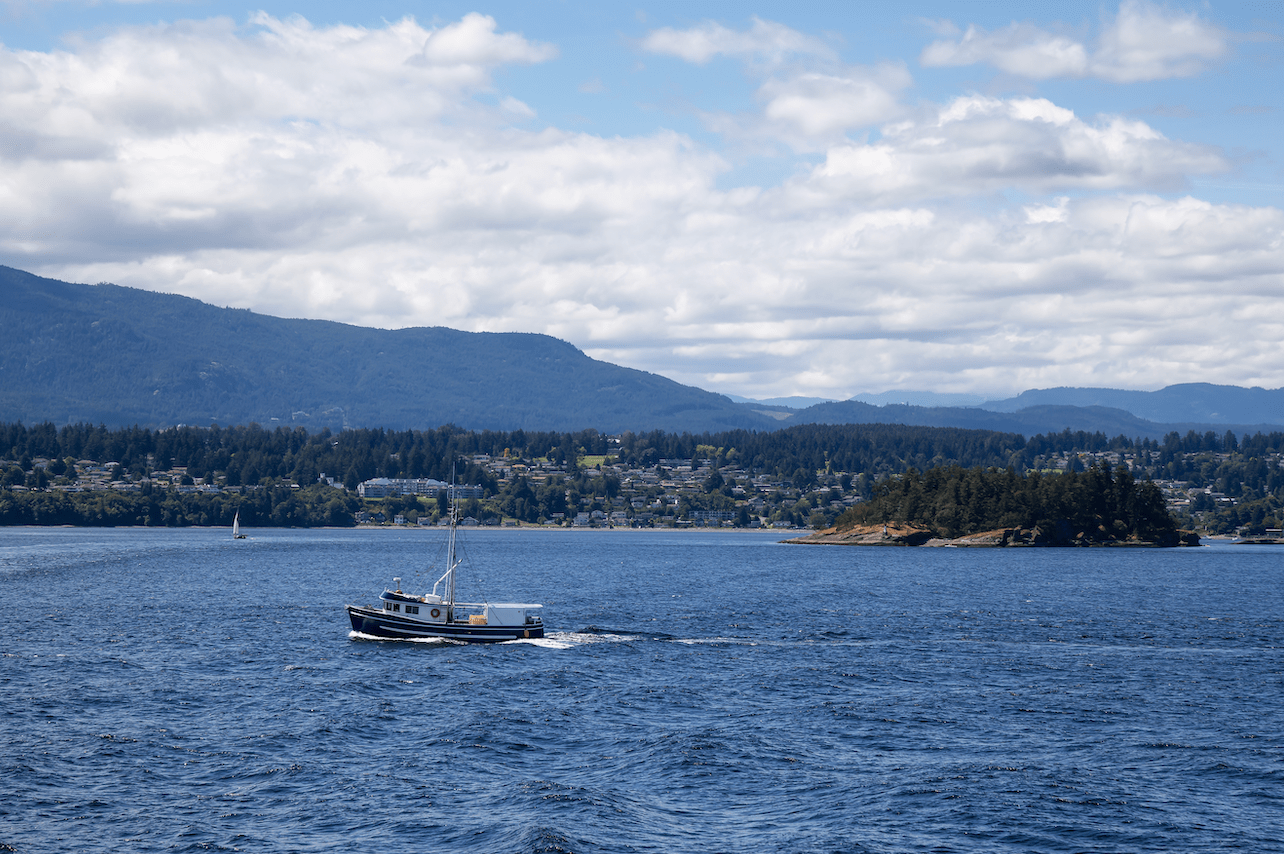
VANCOUVER ISLAND – The ‘Namgis Development Business Corporation is developing an innovative Indigenous, community-owned driving school available to all North Island residents, with funding support from Island Coastal Economic Trust’s Capital and Innovation Program.
The ‘Namgis First Nation Driving School will be modeled on the successful All Nations Driving Academy, developed by Lucy Sager in Kitamaat in partnership with the Haisla First Nation and Burns Lake Development Corporation. This new start-up incorporates training adapted to the unique circumstances of Indigenous people, allowing for freedom of movement and mobility through safe and reliable transportation options.
“Indigenous people in BC are considerably less likely than other British Columbians to possess a driver’s license, which has significant negative consequences for health, justice, employment, and public safety,” says Jean La Rose, Board Chair, ‘Namgis Economic Development Corporation. “Access to driving training and skill development will open up a wealth of employment and training opportunities for North Island Indigenous communities.”
The new driving school will play an important role in unlocking significant economic opportunities, particularly among the youth and women. Increasing the number of licensed Indigenous drivers can help meet Indigenous employment targets on major projects. It will also ensure that Indigenous communities benefit from projects, as well as increased support for projects within communities’ traditional territories.
“Our new, Indigenous-owned and operated school will ensure that the unique cultural and social circumstances and perspectives are incorporated into driving training,” says Kevin Ainsworth, CEO, ‘Namgis Economic Development Corporation. “This innovative approach is going to have life-changing impacts within the ‘Namgis Nation and other First Nations on the North Island, and we’ll also be creating positive economic impacts for the entire North Island region.”
There are several key social benefits to the school’s mission, particularly for those living in rural and remote areas. Having a driver’s license is a crucial enabler of mobility and social connection. It allows for access to employment, education, and health services; for taking care of family members; for ridesharing opportunities; and for maintaining personal safety. Increased mobility can help build autonomy and resilience – key to fostering mental well-being.
“Increasing the number of licensed Indigenous drivers can help to achieve Indigenous employment targets on major projects, ensure Indigenous communities benefit from projects, and increase support for projects within communities’ traditional territories,” says Island Coastal Economic Trust Board Chair Aaron Stone. “By enabling employment and educational opportunities, social connection and mobility, the driving school becomes an innovative and unique model to drive forward economic opportunity.”
The ‘Namgis First Nation Driving School is supported through the Innovation Support stream of the Capital and Innovation Program. The Trust will contribute $25,000 to a total project budget of $150,000. The driving school is expected to start accepting students in January 2023.

